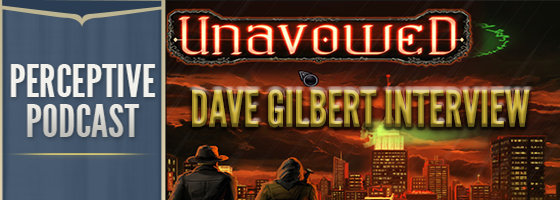

In this respect, it seems to be instructive that the issue of reflection first arrived on the present scene, quietly enough, under the aegis of a borrowed term, imported without deliberate design among the components and the connotations of its associated sample of discourse, and involved in a process that seeks to negotiate the conflicting claims that arise between formal and casual discourse.

Recalling the proposed application ‵ ‵ y ⋅ y ′ ′ Reflection involves a sense of context, and this involves a notion of community Pragmatic incapacities have practical consequences Higher order sign relations tax the pragmatic resources of an interpretive agent to such a severe extent that they impinge on the practical limits of its representational capacity and computational ability A finitely informed creature (FIC), if it is reflective up to the point that it reflects on its own nature as such, crosses a singular threshold of reflection, whereupon it not only obeys its own capacity limitations, as it instinctively and necessarily must, but also observes and reflects on their character Reflection involves higher orders of sign relations Computational models of intelligent agents are limited to the consideration of “finitely informed constructions and computations”, or as I more affectionately call them, finitely informed creatures (FICs)
Unavowed wiki series#
At this point, the circumstances bearing on the previous few points interact in such a way as to produce a series of further points The need for a capacity of reflection is the reflection of a certain incapacity to see certain things without it Inquiry, if deliberate and critical, involves reflection There is a type of reflection which captures an extended sequence of events in a single image There is a type of reflection which merely reproduces the images produced by previous reflections

The player character was possessed by demonic forces one year prior to the start of the game, and. Reflection, joined to conduct, generates an image of it Unavowed is an urban fantasy adventure inspired by works like The Dresden Files and Hellblazer. Conduct = (Act, End) = (State 1, State 2, State 3) Reflection on thinking is reflection on conduct


 0 kommentar(er)
0 kommentar(er)
